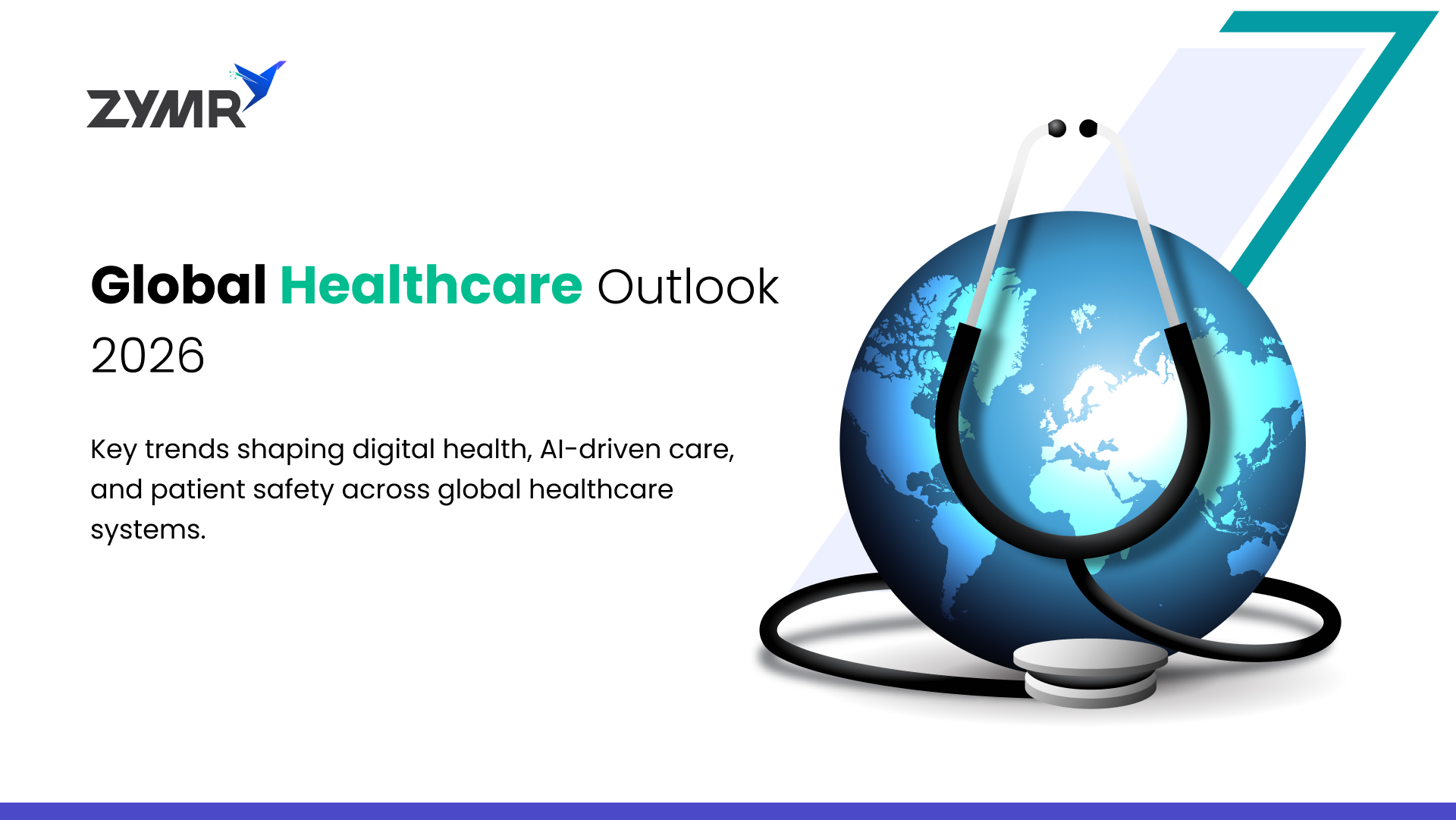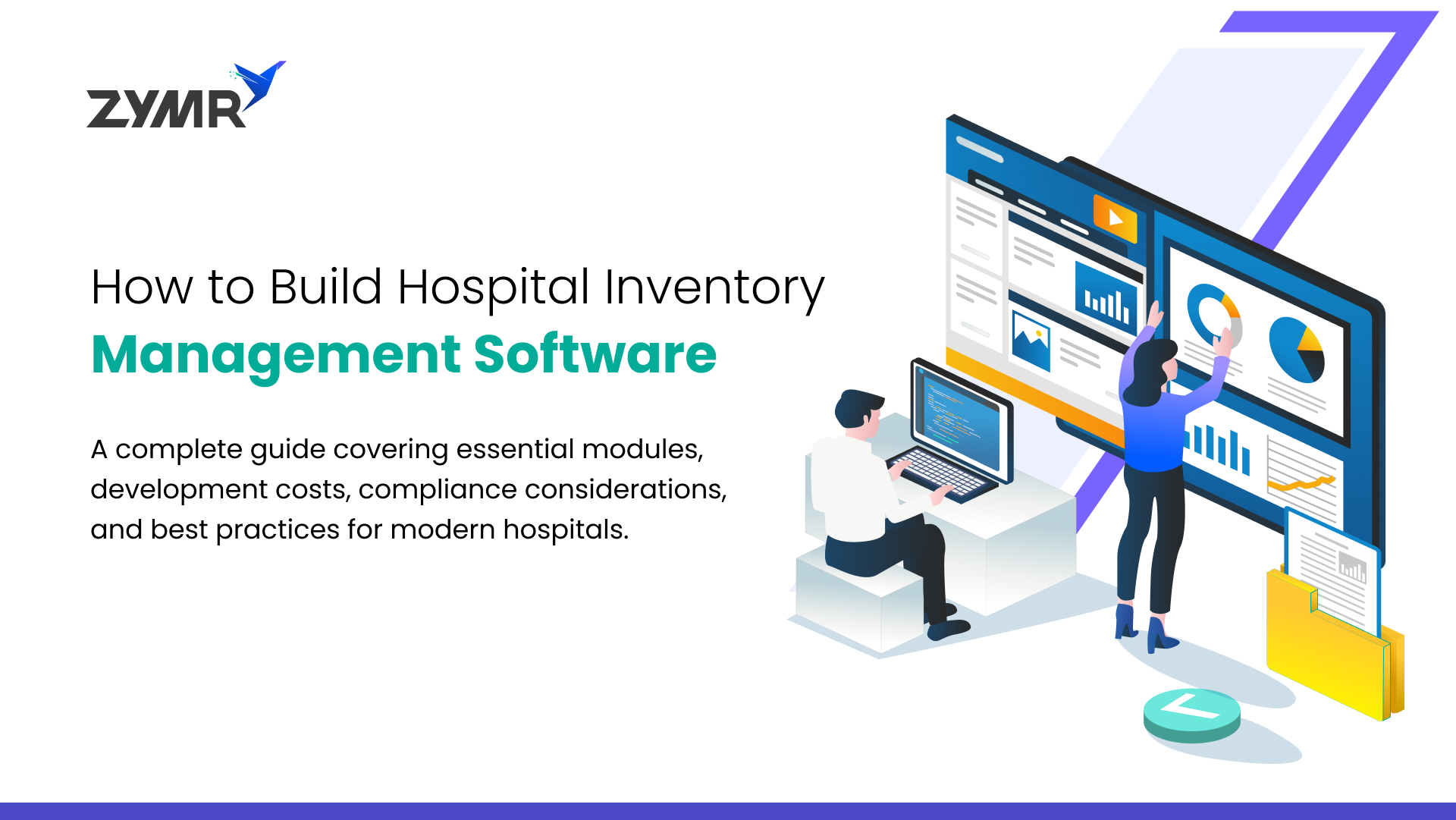Cloud has definitely become the new normal in the present-day technology landscape. Taking the amount of investment and efforts into account, cloud computing has attracted the eyeballs of CEOs, CIOs, and CTOs. They have started paying more attention to these trends impacting cloud adoption to gain a strategic edge in the market.
Top 5 Cloud Adoption Trends
As per Forbes, 83% of the enterprise workloads will move to the cloud by 2020. CIOs are devising a formal strategy with a differentiated approach to harmonize the cloud-first approach and enterprise strategic goals. In the cloud-ruling world, we are expected to encounter multi-cloud and hybrid strategies addressing independence and risk. In-house cloud skills showcase enterprise agility and robustness. Cloud-related costs are getting optimized and IaaS is responsible for lowering down the infrastructure costs. All in all, these five trends altogether will have a radical influence over CIO’s cloud adoption strategy in 2020.
#1 Cost Optimization to Unlock Business Value.
Cost optimization drives the rate of cloud adoption for obvious reasons. Not to mention, cost optimization also plays an integral role in cloud migration projects. With an intention to achieve cost-effectiveness, enterprises will aim to optimize the legacy apps previously migrated to public cloud IaaS. Cloud vendors will help enterprises select the best suited cost-effective architecture to achieve the desired performance in the multi-cloud environment. The best practices that can propel cloud optimization include,
- Preparing heatmaps
- Executing right-sizing
- Using spot instances
- Identifying and removing the unattached or unused resources
- Spotting and productively integrating idle resources
- Using tools to examine operational data and
- Locating cost optimization opportunities.
#2 Multi-Cloud Strategy For Ensuring Business Continuity.
81% of enterprises have a multi-cloud strategy already laid out or in the works, according to techjury. A multi-cloud strategy will enable enterprises to reduce vendor dependency in 2020. The CIOs will develop this issue keeping in mind the issues related to minimizing vendor lock-ins and withstanding service disruption risks. Then they will invest in application portability to migrate apps across different platforms without any changes to reap the benefits of a multi-cloud strategy. The multi-cloud strategies will be exclusively focused on functionality, procurement, and risk mitigation.
#3 Hybrid Cloud Deployment to Achieve Business Agility.
Enterprises will opt for a hybrid cloud strategy to capitalize on the potential and strength of different cloud vendors. Gartner predicts that 75% of the enterprises will deploy a multi-cloud or hybrid cloud model by 2020. Cloud-enthusiasts are expecting to see an uptick in hybrid cloud deployments due to the increasing adoption of cloud-native development and infrastructure. Enterprises are eager to integrate cloud-native computing with container-based environments to seize the advantage related to on-premise resources and cloud resources.
#4 IaaS and Managed Service Providers for Business Success.
For cloud migration, IaaS skills will become more important than ever before. Faulty and inaccurate IaaS deployment can cause unnecessary delays in the migration process. While the “lift-and-shift” model has got a lot of traction, chances of failure have increased manifold along with latency and performance issues. Likewise, the lift-and-shift strategy does not help in boosting cloud-native skills. To deal with this situation of workforce shortage, enterprises will be seen to collaborate with managed service providers to ensure a successful migration as they possess high-level experience and expertise. As per MarketsandMarkets, the managed service provider industry will be worth $282 billion by 2023.
#5 Distributed Cloud to Streamline Business Requirements.
In 2020, a majority of the cloud service providers will have a distributed presence to make their services readily available to the cloud-users. Whereas, “micro data centers” will set up for a location with more users, “pop-up” cloud service points will deal with the temporary requirements. The equipment which drives public cloud services will be housed in the places near to the point of need to fulfill the low-latency requirements of apps that use them. This facilitates the apps to run directly from the cloud providers’ native services without building altogether new infrastructure. These rapidly spreading cloud service points are related to edge computing. Enterprises use edge computing to seek near-instant access to data and computing resources to cater to the needs of customers.Wrapping UpApart from these five cloud adoption trends, enterprises are expected to focus on hybrid and multi-cloud more as intentional strategies in 2020. Edge computing will be a part and parcel of core cloud services. DevOps will be the cornerstone that allows continual packaging and deploying updates to code. Containers will become a dominant strategy for cloud portability. More standardized ways will be adopted to orchestrate and manage the cloud through APIs. Cloud security will become more automated. Ready to Accelerate Your Cloud Adoption Journey with Zymr?Speed up your business growth with Zymr’s multifarious cloud computing services that are innovatively designed to provide you faster time to market. Contact our cloud artisans today!
Conclusion
FAQs
>
>
>
>
>
Have a specific concern bothering you?
Try our complimentary 2-week POV engagement
Our Latest Blogs

January 15, 2026
Global Healthcare Outlook 2026: Key Trends in Digital Health, AI, and Patient Safety

January 15, 2026
Top 10 Healthcare IT Services Companies Transforming Healthcare Delivery(2026)

January 15, 2026






.svg)
.svg)
.svg)
.svg)
.svg)
.svg)
